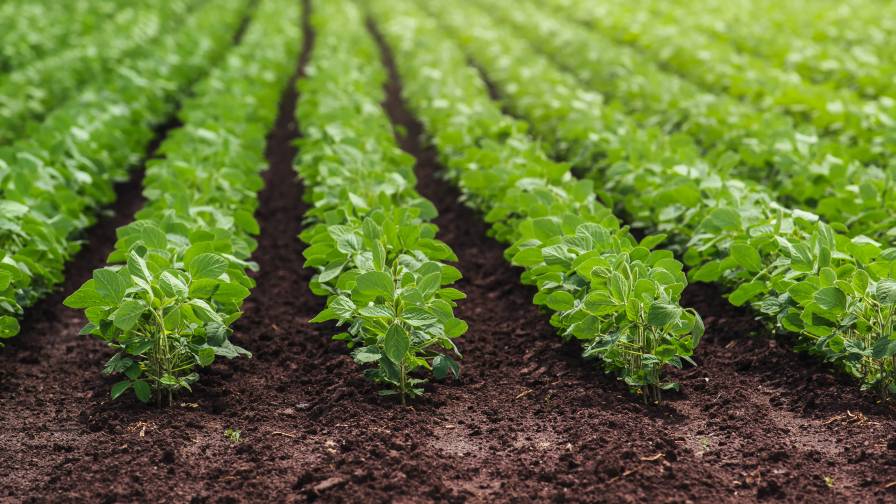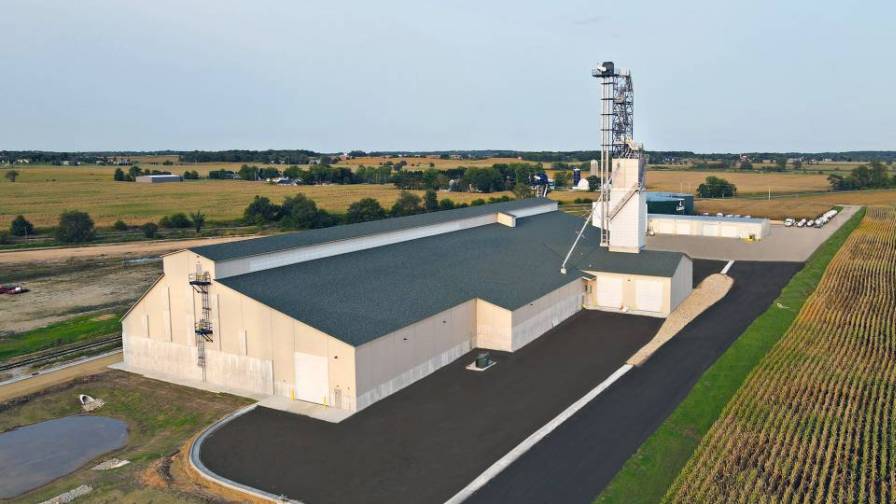The Human Element Of Precision Agriculture
Editor’s note: The 17th Precision Agriculture Survey was completed with partnerships among the departments of Agricultural Economics and Agronomy at Purdue University, CropLife magazine, and support from SST Software and Raven Industries. This article examines the agronomic skills needed and the value of education for precision agriculture.
The adoption of precision farming technology has been rapidly increasing over the last decade. Fueled by both high input costs and the recent era of high crop prices, automated guidance systems, section controllers and variable-rate technology are commonplace. Coming on strong now is the whole knowledge side of precision farming, where field-specific information is turned into insights that guide inputs.
But the manpower to support and service this precision boom has not always kept pace with the demand. How many times have you heard in the crop retail business “I can’t find the right person for the job”? The overall agricultural boom of recent years meant there was competition for agricultural positions. At the same time, agricultural programs at community colleges and universities were not producing enough qualified new graduates to fill these positions. In many cases the skill sets were much different than we had known before. Perhaps a person with agronomic expertise, but with also the knowhow to operate spatial analysis software. A mechanic, but also one who can manage the software side of new farm equipment. The result was a lack of expertise to work in roles related to precision farming.
Facing Precision Ag Challenges
When agricultural retailers were asked about the challenges they face with precision technologies in the survey, finding employees was near the top; bested only by generating enough revenue from precision services and keeping up with changing equipment. Forty-seven percent of respondents indicated this was a barrier for them in offering and expanding their offerings of precision services. The expectations in the type of individual being hired, and sometimes the difficulty in finding these individuals has put new focus on the skills desired by retailers. A new set of questions was added to the precision survey for 2015 to get a read on what skills retailers are seeking.
The skill sets we asked retailers to evaluate for a new hire ran the range of skills that may be expected in supporting precision farming for not only the precision equipment for the dealership, but also for selling, supporting, and servicing customers. These included understanding the hardware and software technology, installing and calibrating equipment and the agronomy knowledge necessary to utilize precision farming’s benefits.
Overall for a new hire, the retailers greatly valued the agronomy knowledge as much or more than technical knowledge (Figure 1). While the agronomy knowledge was greatly valued, for some there were some wide differences in opinion, as related by the standard deviation of the responses. These included whether a person should have the credentials of a Certified Crop Adviser, or whether they should be able to do some very specific precision farming tasks, such as calibrate a yield monitor or collect grid or zone soil samples (Figure 2).
In hiring situations it is often hard to get a complete bundle of skills in a new hire. So the decision may boil down to this — should I hire the techie, and teach them the crop production skills necessary for them to apply this knowledge? Or is it better to hire the aggie with the solid crop production skills, and then ramp them up on the technical side? When forced to choose one of these, the retailers, nearly two to one, chose the strong agricultural background.





